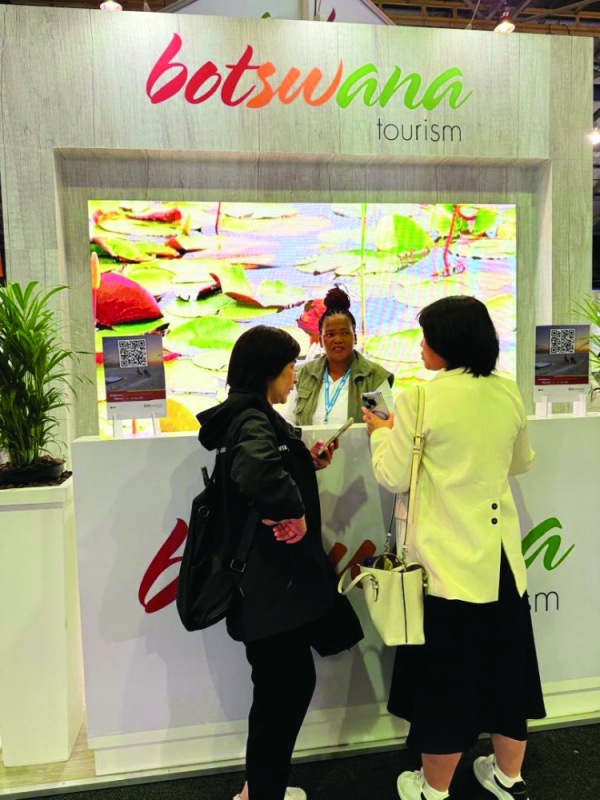Speaking at the ongoing African Travel Indaba in Durban, leaders emphasized that joint efforts are essential to unlocking the potential of tourism on the continent.
“The days when we saw each other as competitors are gone,” said Zambian tourism minister Rodney Sikumba during a panel discussion at the Inkosi Albert Rutoli International Convention Centre. “Africa has one resolve: to work together.”
One of Africa's biggest tourism trade exhibitions, the four-day Indaba, was officially opened by South Africa's Vice President Paul Mashatair. The event brought together tourism commissions, operators and government officials from all over the continent, including 39 Botswana exhibitors on display under the National Pavilion.
“We recognize that in order for Africa to reach its full potential, it must unlock vast and undeveloped opportunities in the tourism sector within our own borders.” Tourism contributes directly and indirectly to Africa's GDP. “In 2023, travel and tourism contributed 6.8% to Africa's GDP, up from 5.9% the previous year,” Mashatile said during the official opening.
For years, African countries have struggled to create cross-border tourism products. Countries are primarily focused on promoting themselves. However, the minister warned this week that such an approach is unsustainable in a global market where travelers are increasingly craving a seamless multi-country experience.
“There's a connectivity issue,” said Fred Sombravobacal, Mozambique's Tourism Director. “Tourists often find it difficult to travel from one African country to another.” Until we deal with this, we lose our opportunity. ”
This sentiment was echoed by tourist representatives in Angola. He challenged African countries to rethink how they viewed themselves.
“We often complain when West collects us and says, 'You're from Africa,' but we fail to work as a block.
The biggest hurdles include transport links that curtail interconnectedness, visa restrictions and protectionist policies, according to the Minister. The Minister argued that Open Sekais Agreement, simplified visa regimes, and joint area itineraries are no longer options and are necessary.
Botswana has been selling its untouched wilderness and high-value low-capacity tourism models for a long time. While the country has built a reputation for exclusivity, integration with nearby destinations could potentially expand its appeal to a wider market.
The minister has stopped announcing the formal agreement, but said ongoing consultations within the SADC block would prioritize the creation of regional tourism corridors and the creation of a shared promotion campaign.
*Matala is in African Travel Indaba in Durban with South African Tourist Invitation


